#luisa tetrazzini
Explore tagged Tumblr posts
Text
Italian coloratura soprano Luisa Tetrazzini (1871-1940) / Una voce poco fa / Il Barbiere di Siviglia (Rossini) / Recorded: August 8, 1904.
Rossini’s Il barbiere di Siviglia was premiered in Rome on this day in 1816.
#classical music#opera#music history#bel canto#composer#classical composer#aria#classical studies#maestro#chest voice#dramatic coloratura soprano#coloratura soprano#soprano#Soprano sfogato#contralto#Luisa Tetrazzini#The Florentine Nightingale#The Nightingale#Il barbiere di Siviglia#The Barber of Seville#Gioachino Rossini#Una voce poco fa#Covent Garden#classical musician#classical musicians#classical history#history of music#historian of music#musician#musicians
15 notes
·
View notes
Text
Hot Vintage Stage Actress Round 1

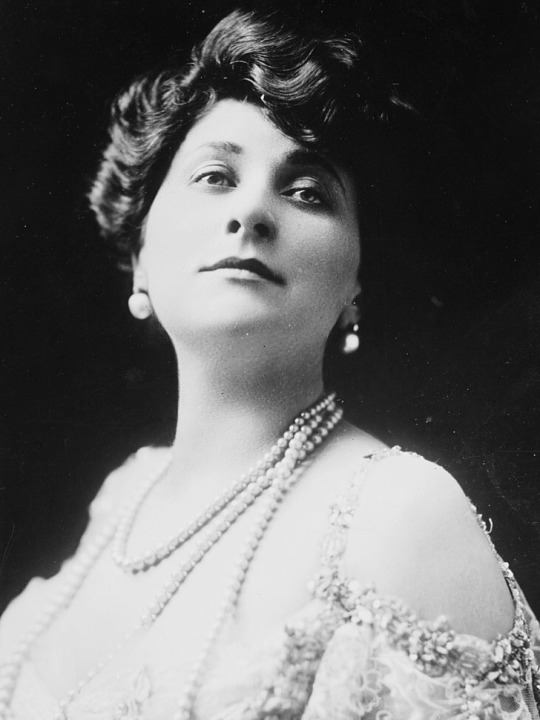
Luisa Tetrazzini: Lucia in Lucia di Lammermoor (1903 Mexico); Gilda in Rigoletto (1905 San Francisco); Violetta in La traviata (1907 ROH)
Mary Garden: Mélisande in Pelléas et Mélisande (1902 Paris); Chérubin in Chérubin (1905 Monte Carlo); Thaïs in Thaïs (1907 Manhattan Opera)
Propaganda under the cut
Luisa Tetrazzini:
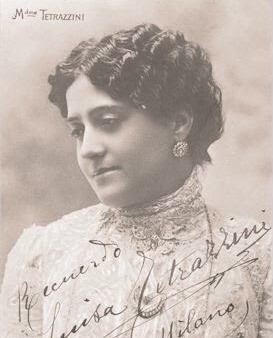
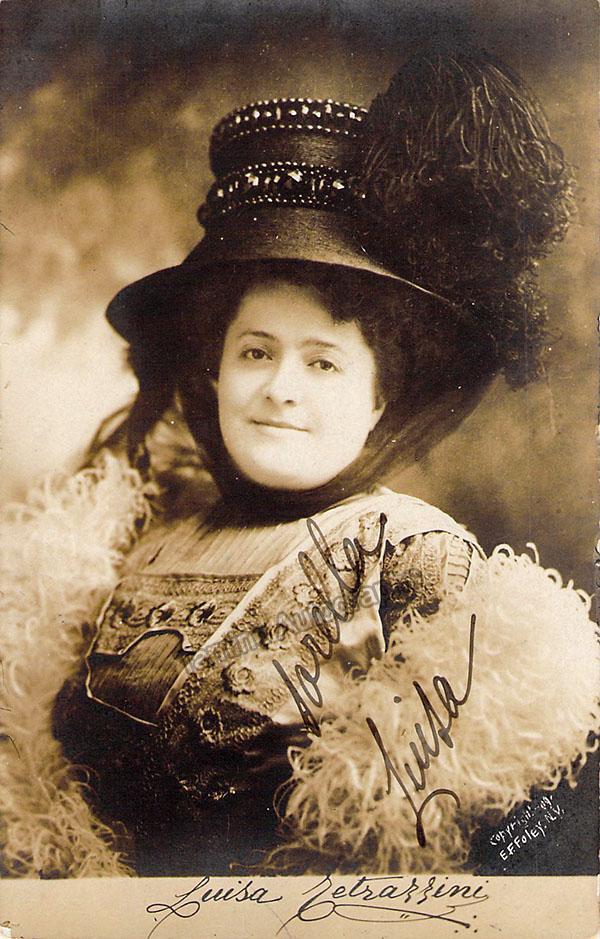

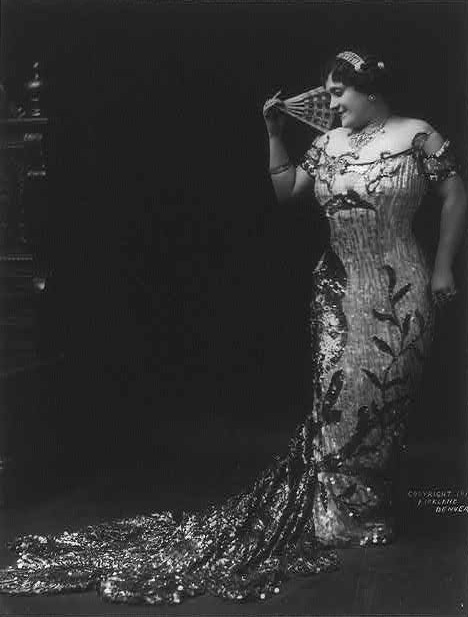
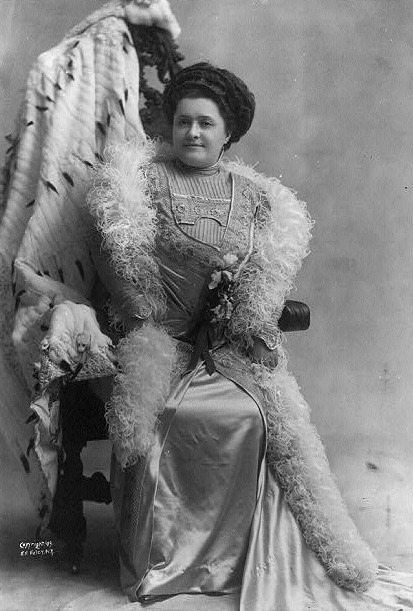
Mary Garden:
hair goals
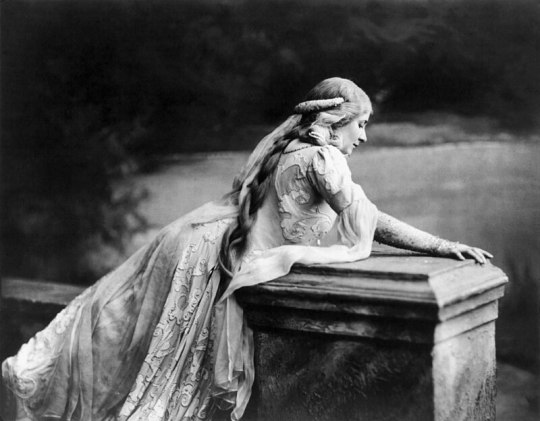
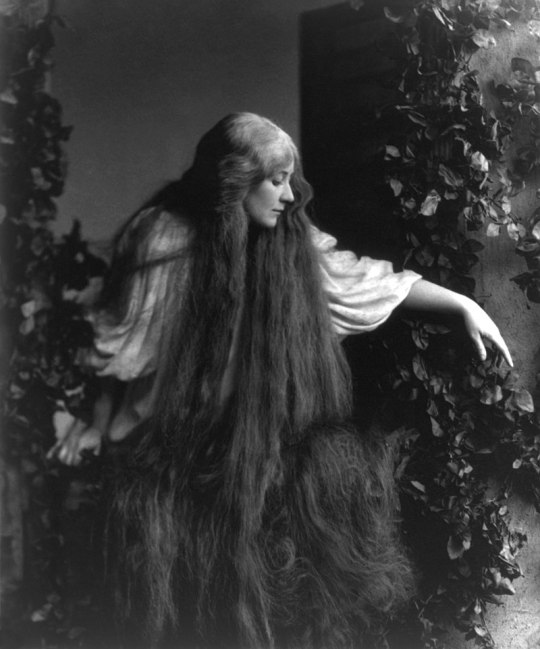
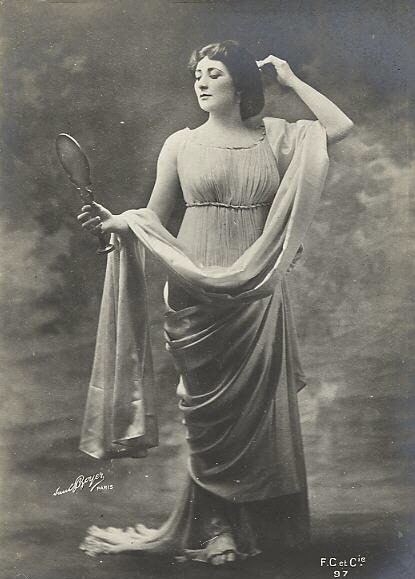
#vintagestagehotties#vintagestagepoll#vintage tournament#vintage poll#luisa tetrazzini#mary garden#ladies round 1#vintage ladies
6 notes
·
View notes
Video
youtube
Luisa Tetrazzini (soprano) - Follie! Follie!...Sempre libera ('La Travia...
0 notes
Text
me when im obsessed with dead singers from 50 (well... mostly 70-120) years ago and im heartbroken to know i'll never see them on stage... never hear them breathe, never see them sweat, never even touch the hem of their garment...









it really is enough to drive a person mad...
#this is so funny because this is the one vaguepost that i wholeheartedly 100% agree with skdhsjshsjdhsn#like yeah!! it does indeed pain me that the level of operatic singing has so drastically decreased over the last 50 years!#that top operatic stars of today are all either nasal or wobbly or knödely or completely inaudible without microphones#but some of yall are just not ready for this conversation. example a#anyway. as many have said before. its kinda easier to understand how some people cant appreciate certain operas#if they never heard them sung well lol#sorry im out of blood today. i know this is a very uncomfortable subject for many but.#you can actually judge someone's singing in a pretty objective way. there are nuances of course. but from a technical point of view#it really is pretty simple#(also its not like i dont enjoy *some* modern singers lol have you SEEN my kwiecień posting???? lmao#hell. there are even some modern singers i have a soft spot who i KNOW sing... Not Very Well. but i enjoy them lol#not many ofc but. yknow)#also 50 years ago would be the 1970s if im doing my maths correctly and. that is really the point in opera history#when it all started going downhill (sadly partly because of one of my all time favourite singers' influence... but thats a different story)#anyway. remember when luis tetrazzini said that the future generations of singers will be The Best singers in history#because they'll have access to all those recordings of The Greats Of The Past that they'll be able to listen to and learn from?#lmao queen you were right about so many things but that was tragically not one of them </3#opera tag#yes im stirring the pot of boiling liquid shit and putting this post gently into the main tag#*luisA tetrazzini ofc#lol and lmao im out FOR blood* shdgsjsghs
15 notes
·
View notes
Text
"In the eyebrows alone you can depict mockery, every stage of anxiety or pain, astonishment, ecstasy, terror, suffering, fury and admiration, besides all the subtle tones between."
—
Luisa Tetrazzini, Caruso and Tetrazzini on the Art of Singin
13 notes
·
View notes
Note
You mentioned in a few posts that opera singing in the 19th century is different to opera singing now. Are there any recordings you know of that can give us an idea of what a 19th century soprano would sound like?
There are a bunch of old recordings of sopranos trained in the old-school bel canto technique. I’ll link just a few of them, but I’ll try to show you different types of sopranos. If you want more, you’ll need to dig deeper into YouTube (there are entire channels dedicated to this!).
Adelina Patti – Casta Diva (Patti was 63 when she recorded it!)
Luisa Tetrazzini – Caro nome
Frieda Hempel – Der Hölle Rache
Eugenia Burzio – Suicidio
Marcella Sembrich-Kochańska – Ah, fors’è lui…Sempre libera
Nellie Melba – Jewel song
Amelita Galli-Curci - Un bel di vedremo
Emmy Destinn – Vissi d’arte
1 note
·
View note
Text
Tuna Tetrazzini
Tuna Tetrazzini is one of those retro dishes that I believe deserves a new life. It’s inexpensive, easy to make, and is very satisfying comfort food. The history of the dish is uncertain. It is said to have been created for early 1900s opera singer, Luisa Tetrazzini, by Ernest Arbogast, the chef at the Palace Hotel in San Francisco, the city where the soprano made her American debut. Others…
0 notes
Text

Your reminder that the baked pasta dish Tetrazzini was named after Luisa Tetrazzini a dramatic coloratura soprano of great international fame.
How yum.
The original dish is named after the Italian opera star Luisa Tetrazzini. It is widely believed to have been invented circa 1908–1910 by Ernest Arbogast, the chef at the Palace Hotel in San Francisco, where Tetrazzini made her American debut at the Tivoli as Gilda in Rigoletto on January 11, 1905.
0 notes
Text
I agree that Christine in the novel was 20-21 years old, but I just have to add something from the perspective of an opera singer.
In the 19th century it was normal to debut on the operatic scene at a very young age. Adelina Patti was only 16 when she made her debut as Lucia in Donizetti’s Lucia di Lammermoor. Eugenia Burzio was 17, and Emmy Destinn was 20 (they both debuted as Santuzza in Mascagni's Cavalleria rusticana). Luisa Tetrazzini was 19 (Inez in Meyerbeer's L'Africaine).
Christine Nilsson made her debut at the age of 21 in the role of Violetta in La Traviata, and I believe Leroux had this in mind when he was creating the character of Christine. He incorporated many facts from Nilsson’s life into Christine Daaé’s, and I think her debut age was one of them. Christine Daaé sang smaller roles before, but the role of Marguerite was her debut in a major role.
PS. Christine in Leroux’s novel never sang any of Wagner’s music.
No, Christine Daaé is not 15-19 years old. No voice that young can sing the works of Gounod or Wagner. Heck, even some 20 somethings damage their voices by singing Wagner too soon. And Faust is a very intense opera for a singer, let alone the role of Marguerite. Much stamina is needed to perform it. She is likely 20-23, given Raoul’s age and the fact that they’re said to be around the same.
In my opinion, I think people put her in the 15-19 age bracket because they don’t want to believe that a young woman can be just as naive as a teenage girl (in the novel it says “she has the heart of a 15-year-old”, not that she’s actually 15). Hate to break it to ya, but some of us adults are also gullible/naive. It makes her a well-rounded, believable character and it’s not her fault that Erik played into the lie. After all, if a voice like his, described as angelic or otherworldly, started speaking to you in your dressing room (I would likely faint cuz wtf, but if I didn’t, I would ask what’s going on) you would likely err on the side of the supernatural too.
#you cannot apply today’s opera standards to the 19th century#Phantom of the Opera#Christine Daae#Christine Daaé#singing
459 notes
·
View notes
Text
"Tetrazzini weds. 26 year old M. Vernati weds 56 year old Italian 'Queen of Song'." Florence, Italy. M/S of ageing Italian soprano opera singer, Luisa Tetrazzini. A man leads her by the arm past crowd of fans to chauffeur driven car. Top shots of crowds surrounding Tetrazzini in courtyard where car waits, they have gathered to watch celebrity wedding.
#classical music#opera#music history#bel canto#composer#classical composer#aria#classical studies#maestro#chest voice#Luisa Tetrazzini#The Florentine Nightingale#The Nightingale#footage#classical musician#classical musicians#classical history#history of music#historian of music#musician#musicians#diva#prima donna#dramatic coloratura soprano#soprano#soprano sfogato#contralto
3 notes
·
View notes
Audio
Giuseppe Verdi, Il Trovatore: Tacea la notte placida... Di tale amor che dirsi
Luisa Tetrazzini, Soprano 1912
17 notes
·
View notes
Video
youtube
Luisa Tetrazzini - The queen of staccato - La regina dello staccato
#she's like if my cat were a really good opera singer#and i mean that a sincere compliment#luisa tetrazzini#opera#soprano#dramatic coloratura soprano
0 notes
Text

CENTRAL PRESS/GETTY IMAGES
Luisa Tetrazzini
Tetrazzini was an internationally famous Italian coloratura soprano. She made several acclaimed recordings, as shown in this historical photo. Tetrazzini was known for her amazing vocal technique and ability to hit an F note above high C. She is also immortalized in a popular pasta dish from her favorite city, San Francisco.
0 notes
Text
In breathing I find, as in other matters pertaining to singing, that as one goes on and practices, no matter how long one may have been singing, there are constantly new surprises awaiting one. You may have been accustomed for years to take a note in a certain way, and after a long while you discover that, while it is a very good way, there is a better.
— Luisa Tetrazzini, Caruso and Tetrazzini on the Art of Singing
2 notes
·
View notes